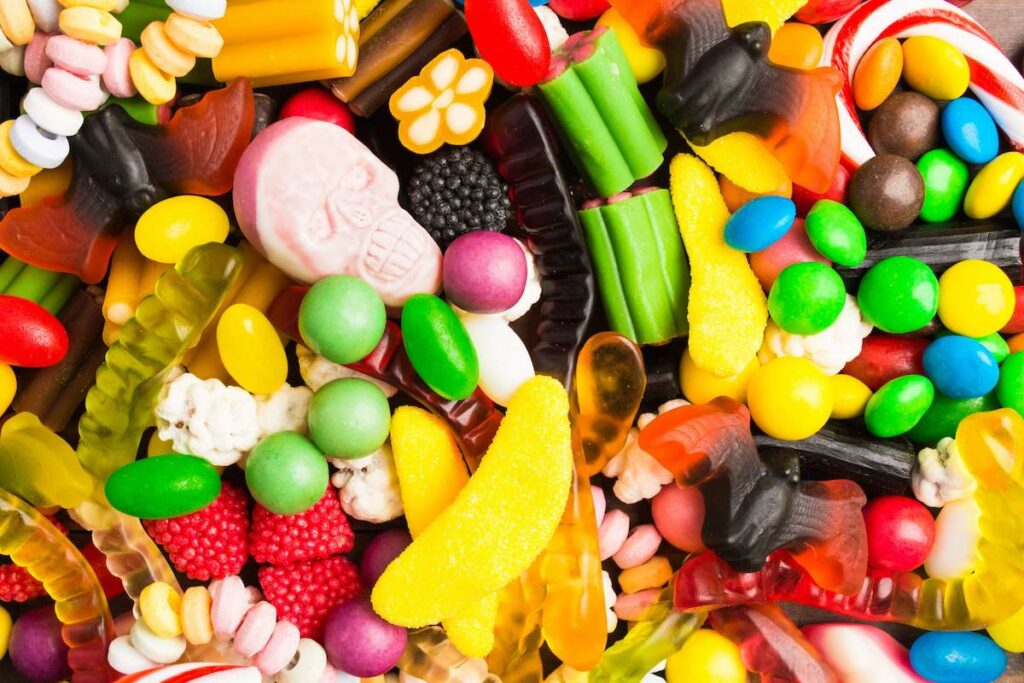
Every parent has been in the situation when their child attends a birthday party or other gathering where sweets are served. They overindulge in sugar the next thing you know, and you have to cope with the consequences!
The fact that many youngsters behave more excitably after a party where they ate a lot of cake and punch is acknowledged by numerous specialists. However, this can reflect the enthusiasm of the occasion rather than a reaction to the sugar.
But how much sugar is too much, and how can you tell if your child is consuming too much? Here is a summary of sugar consumption and what you need know to prevent your child from going into a sugar coma.
Negative Effects of Sugar: Points to Consider
When you take the following into account, you can see why sugar is such a hard addiction to break:
- Sugar is 8x more addictive than cocaine.
- The average American consumes 50+ pounds of hidden sugar every year.
- We believe sugar to be safe since many producers claim it is manufactured from “natural” ingredients like sugar cane and sugar beet. But opium and heroin manufactured from “natural” sources are also acceptable. And all of these “natural” ingredients are turned into something unhealthy.
We may believe that we are avoiding sugar, but the fact is that we have no idea how many foods we consume include hidden sugars. Since nearly everything we buy at the grocery store, from spaghetti sauce to plain yogurt, has some level of refined sugar, it becomes more difficult to limit our children’s sugar consumption.
How Bad Is Sugar For a Child?
Although sugar may taste oh-so-sweet when consumed, the real issue is what occurs later. Kids’ regular use of added sugar causes significant blood sugar rises over time. Although sugar surges are (thankfully) brief, your child may nonetheless have long-lasting repercussions. The outcome? a greater chance of prediabetes, type 2 diabetes, and insulin resistance.
Your child’s mood, amount of activity, and level of hyperactivity can all be impacted by too much sugar. Kids’ conduct is impacted because their blood sugar fluctuates all day long like a roller coaster.
But remember that not all sugar is made equally. Despite the fact that they contain sugar, fruits, whole grains, legumes, and dairy products should not be avoided. They are organic sugars. The growth and development of a kid depend on natural sugars. The issue is with the extra sugars.








